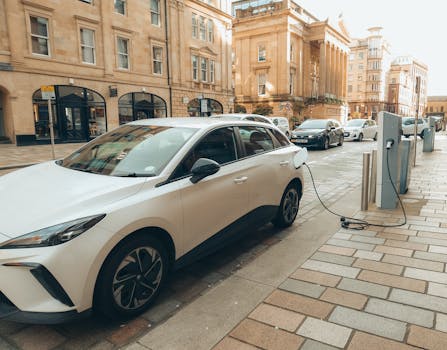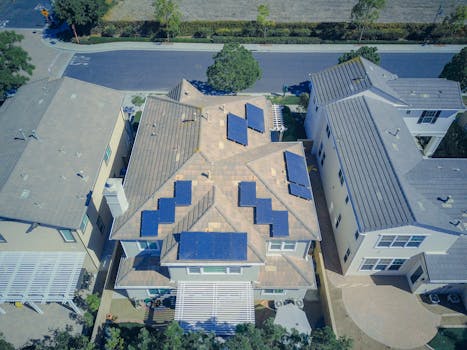
Smart Cities: Urban Trends for 2025
Smart Cities are revolutionizing the way we live, work, and interact with our surroundings. As we approach 2025, it’s essential to explore the latest urban trends that are shaping the future of these intelligent cities. Smart Cities are at the forefront of innovation, incorporating technology and sustainability to create a better quality of life for citizens.
Introduction to Smart Cities

A smart city is an urban area that uses information and communication technology (ICT) to enhance the quality of life for its citizens. This is achieved through various initiatives, such as smart infrastructure, energy-efficient buildings, and intelligent transportation systems. The primary goal of smart cities is to create a sustainable, livable, and economically viable environment.
Trends Shaping Smart Cities in 2025

Several trends are expected to shape the future of smart cities in 2025. Some of the most significant trends include:
- Sustainable Infrastructure: Cities are investing in green infrastructure, such as parks, green roofs, and green walls, to mitigate the urban heat island effect and improve air quality.
- Renewable Energy: Smart cities are adopting renewable energy sources, such as solar and wind power, to reduce their carbon footprint and reliance on fossil fuels.
- Intelligent Transportation Systems: Cities are implementing intelligent transportation systems, including smart traffic management and autonomous vehicles, to reduce congestion and improve mobility.
- Smart Buildings: Buildings are being designed with energy-efficient systems, such as smart lighting and HVAC systems, to reduce energy consumption and improve occupant comfort.
- Data Analytics: Cities are using data analytics to optimize urban planning, public safety, and service delivery, making them more efficient and responsive to citizen needs.
Benefits of Smart Cities

The benefits of smart cities are numerous and far-reaching. Some of the most significant advantages include:
- Improved Quality of Life: Smart cities offer a higher quality of life for citizens, with access to better healthcare, education, and entertainment.
- Increased Efficiency: Smart cities are more efficient, with optimized urban planning, energy management, and service delivery.
- Enhanced Sustainability: Smart cities are more sustainable, with reduced carbon emissions, waste management, and conservation of natural resources.
- Economic Growth: Smart cities attract businesses, talent, and investment, driving economic growth and competitiveness.
- Improved Public Safety: Smart cities have improved public safety, with advanced surveillance systems, emergency response, and crime prevention.
Challenges and Opportunities

While smart cities offer numerous benefits, they also face challenges and opportunities. Some of the most significant challenges include:
- Infrastructure Investment: Smart cities require significant investment in infrastructure, including ICT, energy, and transportation systems.
- Cybersecurity: Smart cities are vulnerable to cyber threats, which can compromise citizen data and disrupt critical infrastructure.
- Privacy Concerns: Smart cities often involve the collection and analysis of citizen data, raising concerns about privacy and surveillance.
- Digital Divide: Smart cities can exacerbate the digital divide, where some citizens may not have access to the necessary technology or skills to participate.
- Governance and Regulation: Smart cities require effective governance and regulation to ensure that they are managed and operated in a transparent and accountable manner.





